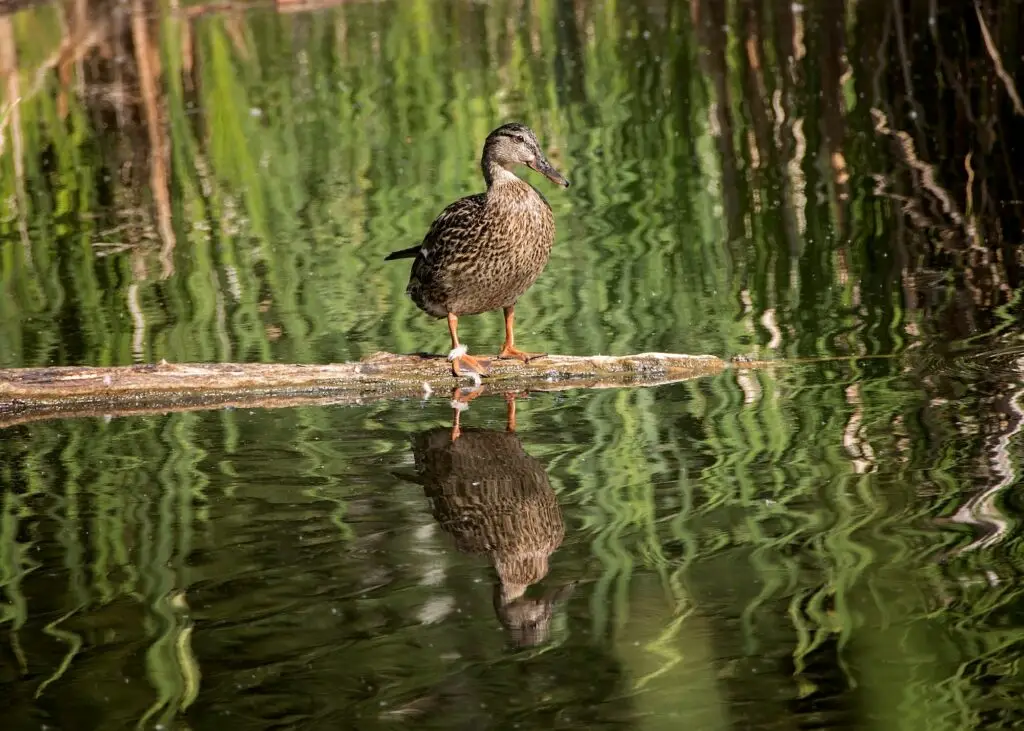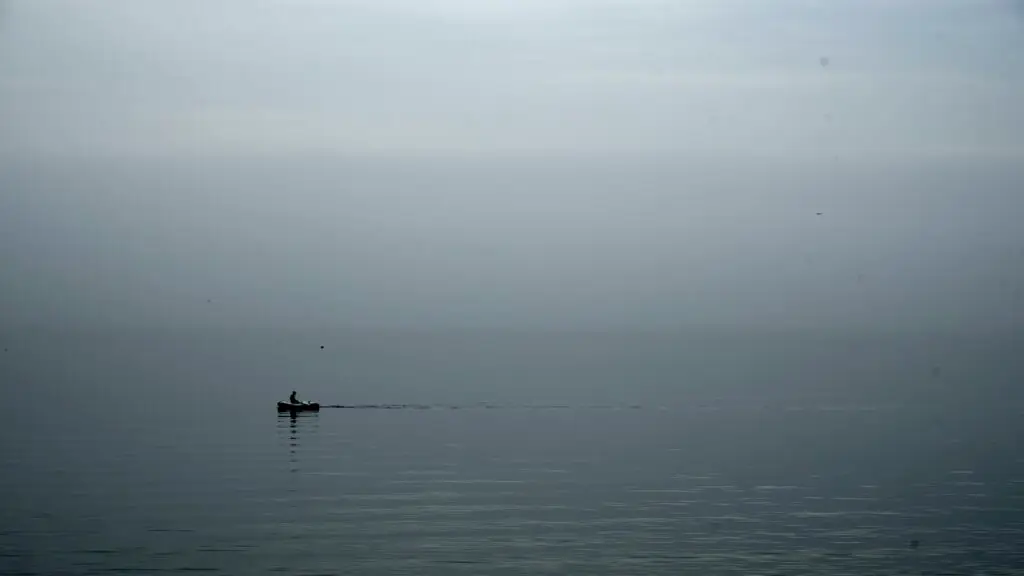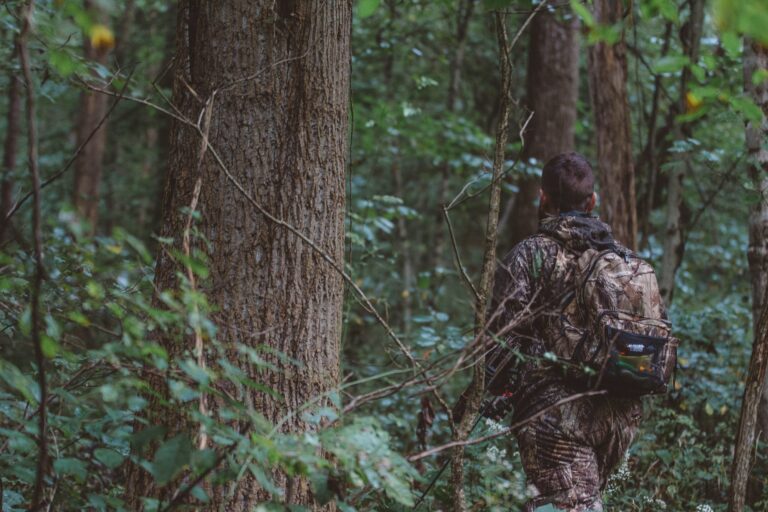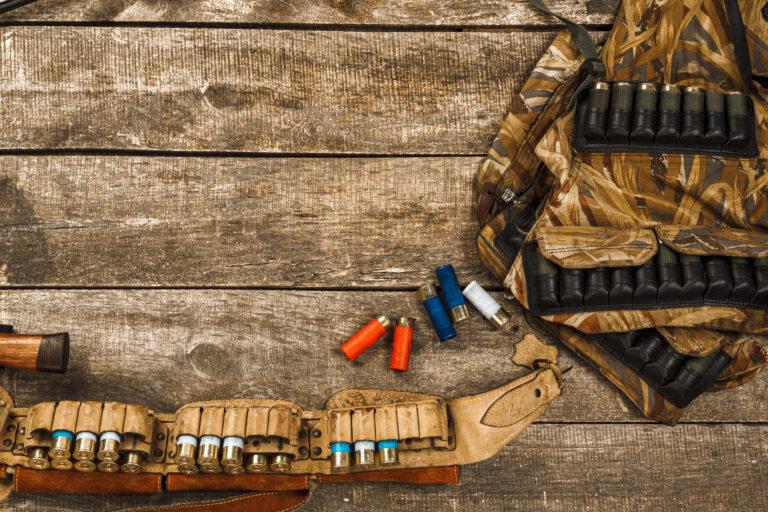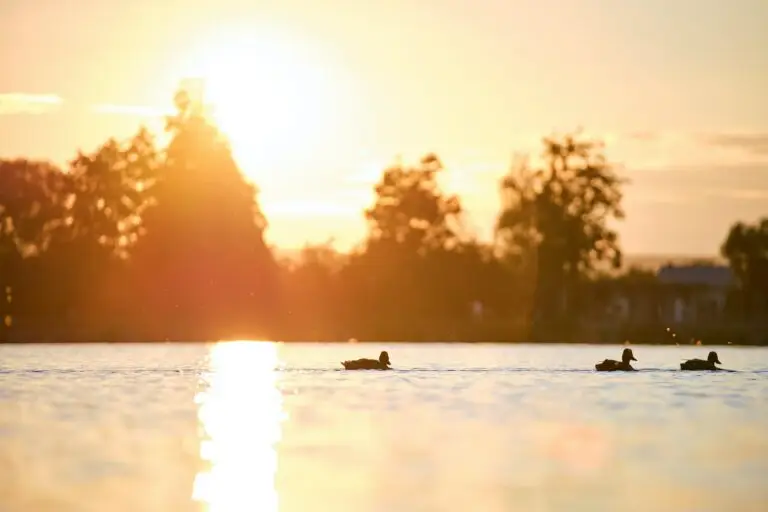Switching up your waterfowl hunting game? Boat hunting is up there with some of my favorite experiences, I was an avid fisherman (boy?) as a kid. I’ve always had a fascination with water, and being out on the lake with some good friends has been my happy place for quite some time.
Being out on the water with weapons in cold weather can be dangerous, though, so what safety precautions should you take when hunting from a boat? In this article, I will go through the top 5 things to check off your list before you head out on your adventure. Regardless of whether you are a new or seasoned hunter, brushing up on this information can definitely never hurt!
Let’s get on the water!
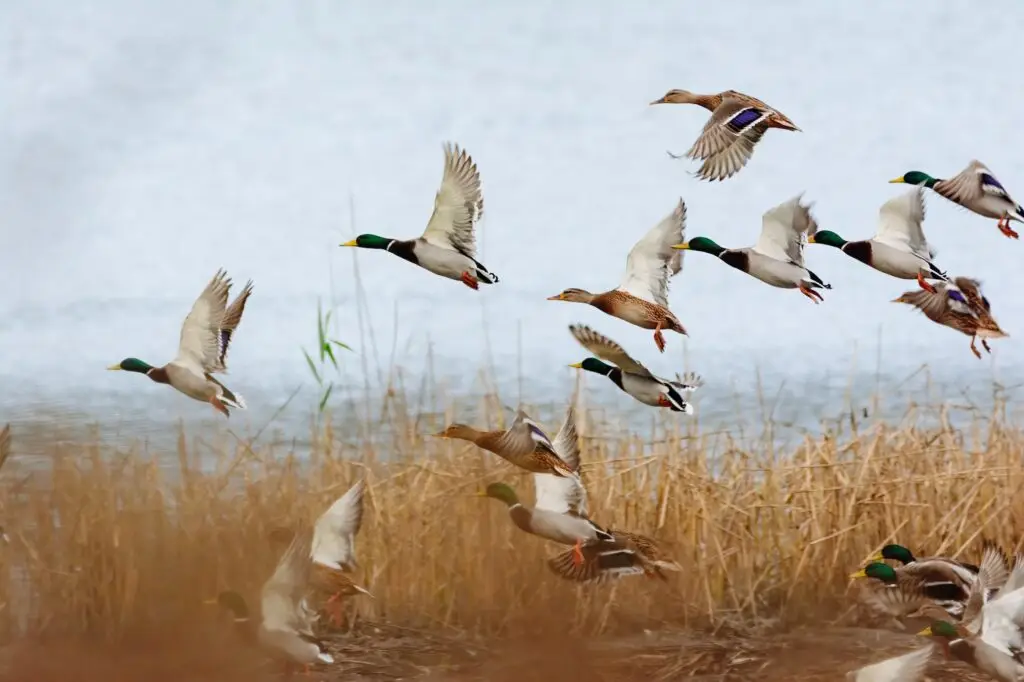
#1 – Always Wear a Lifejacket
Perhaps the most obvious item, but nevertheless important, is a lifejacket. I’ve known smart, athletic, and experienced hunters getting cocky in boats–not using a lifejacket–and almost losing their lives as a result.
Remember that you’re not water skiing on a pristine lake; you’re probably in a colder climate, with rougher weather, and significantly more gear.
Therefore, it is crucial to make sure you have a properly fitted and U.S. Coast Guard-approved lifejacket on before you go out on the water. For hunting, I have personally found self-inflating vests to be the most convenient in order to reduce the inconvenience factor. I would recommend any of these ones (we’re not sponsored or affiliated).
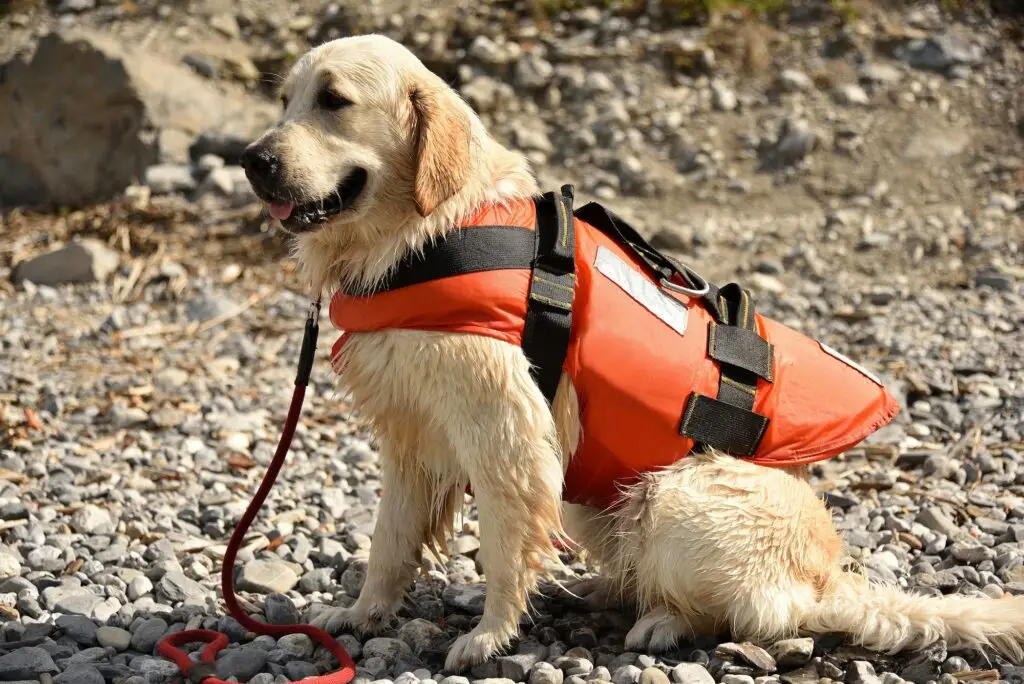
#2 – Check the Weather Forecast
Although I’m a big proponent of embracing the elements and not letting a little rain or gust stop your hunt, things do change when large bodies of water are involved. High winds and heavy rain may be fine on land, but on a boat, it goes from an inconvenience to straight-up danger territory.
Don’t just look at the weather app on your phone, either. Go the National Weather Service and check your exact location to make sure you’re well aware of any weather obstacles that might present themselves while you’re on the hunt. I’ve found Siri to not be the most accurate of meteorologists.

#3 – Know Your Boat
In addition to making you a more effective hunter, ensuring that you have knowledge and experience with the boat you are using will also make you a safe hunter. This means taking your time to learn how to operate the boat properly.
Starting the engine, operating the throttle, and steering should be second nature. Understanding all switches, buttons, and controls and being familiar with the bilge pump, navigation lights, and radio is also very important in any situation—but especially when a lot of gear and weapons are on board!
Make sure you’re aware of where all your emergency equipment is located, such as extra life jackets, flares, fire extinguishers, and whatever other safety equipment you’ve brought along.
Additionally, be aware of whatever basic maintenance tasks should be kept up to snuff. Have you checked the oil levels and switched out the filter recently? How much fuel do you have? Is the battery fully charged? Keeping on top of this will now only avoid potential breakdowns, but also just give you general peace of mind.
Never go hunting on the virgin journey either. Spend as much time as possible familiarizing yourself with your boat and its equipment outside of hunting first. When hunting from a boat, it becomes your main tool for both success and survival – be its friend!
#4 – Launch Off a Ramp, Always
I’m not even going to launch (pun intended) into all the horror stories of people who try to carry their boat through a clearing to toss it head-first into the water where it doesn’t belong.
Save yourself the money and trouble, launch the boat properly and safely off of a ramp. Once in the water, make sure you also keep a keen eye on the local boating regulations – such as the speed limits, no-wake zones, and potential restricted areas.
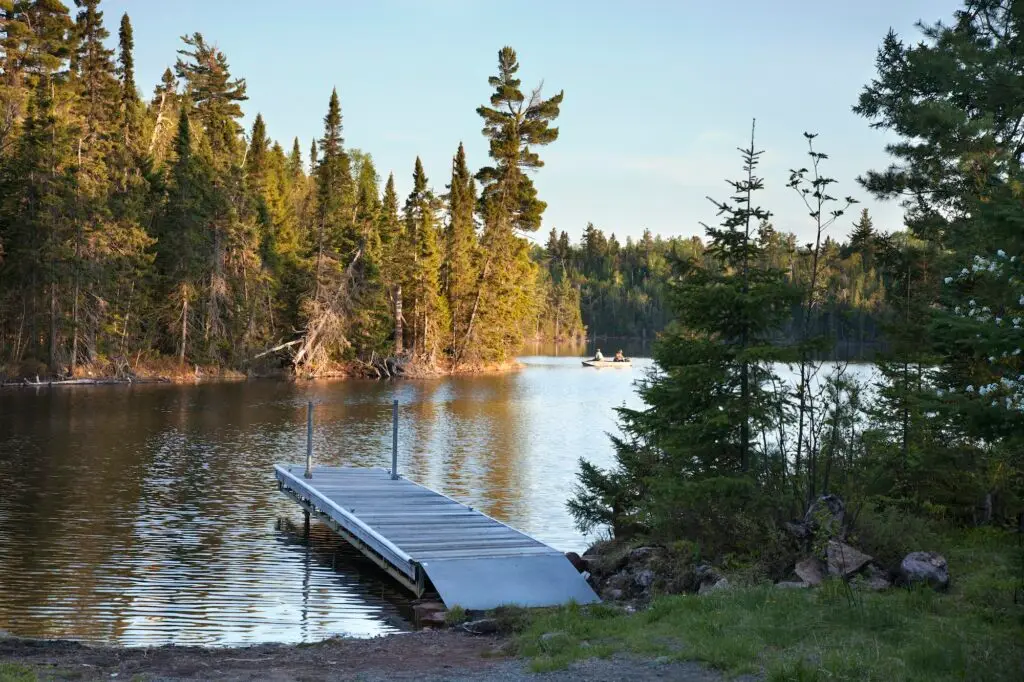
#5 – Have an Emergency Plan in Place
No matter how experienced you are in regard to both hunting and boating, make sure you have a proper emergency plan in place for all potential situations.
Most importantly, have a communication plan in place. Always have a cell phone or marine radio on your boat, and let someone know where you and/or your party are going, for how long, and when you expect to return at the latest. Have a first-aid kit and flares on board at all times as well!
I usually have one of those Apple Airtags on when I head out, so that
A Good Hunter is a Safe One!
No matter how experienced you are, reviewing safety tips for any type of environment is always beneficial. By considering the advice provided in this article, you’ll be well-equipped for your next waterfowl hunting or fishing trip.
A safe hunter is a good hunter, and a good hunter is an elite hunter. This message rings especially true when you add in variables like boats and water. Combining rifles with uneven surfaces and the thrill of hunting can make even the most experienced among us slip every now and then.
I promise you that if you stay safe and follow these tips, boat hunting will be one of the most rewarding experiences you will have.
Looking to know more about hunting on the water? Check out which general precautions you should have while hunting near cold water here. If you’re looking for other more general guides, tips, and info – check out our hunting content library here!
Happy hunting!
